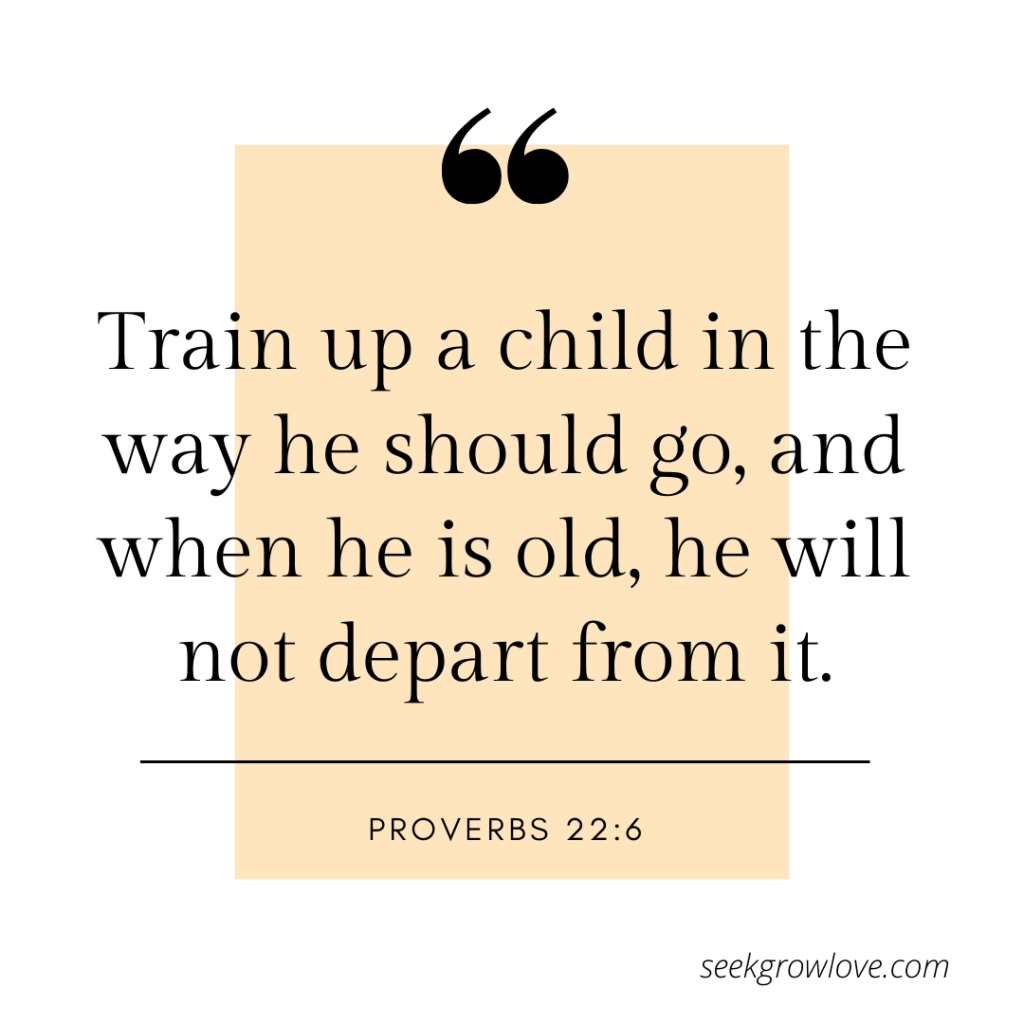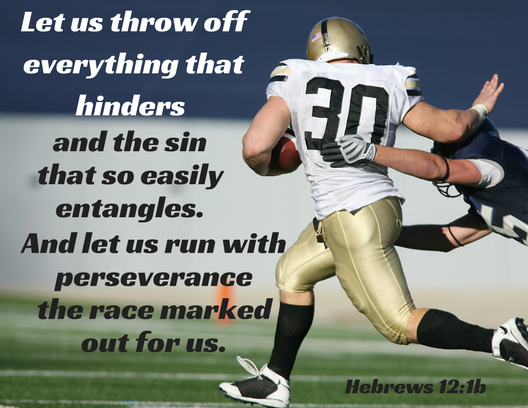
Old Testament: Lamentations Intro – see below
Poetry: Proverbs 29
New Testament: Revelation 2
Disclaimer: I know Proverbs 27:2 says not to brag about yourself, but I’m about to brag about my kids so it’s ok!
Today my husband, daughter and I met our son at a car dealership where my son wanted to purchase a car. He wanted our opinion on the car and it was a great excuse to meet him halfway between our home and his college. He had done quite a bit of research on the car and made all the financial arrangements himself. Between watching his interactions with the sales people and his new haircut, it just hit me how much he looks and acts like…an adult! Our daughter also seems to make a habit of making good choices. She always helps me around the house, is a leader on her cheer squad, and is very kind.. Both of my kids are the light of my life and I am so proud of them.
I would love to say that they are doing well because Dan and I are such awesome parents, but they have always been just easy to parent with teachable hearts. Even the times that I reprimanded them for a mistake or something I didn’t agree with, they made corrections and that was, usually, the end of that issue. Now, just because we haven’t had to be strict does not mean we forewent discipline. We spent a lot of time educating our kids on proper behavior,
respect, and morality based on the Word of God.
I like how the Message translates Proverbs 29:15. “Wise discipline imparts wisdom: spoiled adolescents embarrass their parents.” Now I don’t worry too much that my kids’ behavior will embarrass me, I worry that misbehavior will bring pain to them… which brings pain to me.
The entire book of Lamentations is a statement about this effect. The sins of Israel affected Jeremiah mentally and physically. He suffered right along with them even though he listened to God. God, of course, listens to him, and eases his suffering. However, I do think this points out the pain a parent/teacher/mentor feels when they have tried to disciple someone in the Lord and that person decides to reject it. When that person faces a consequence of a bad choice, it hurts the one who tried to help them.
Revelation 2 is a chapter full of both praise and discipline for the 4 churches mentioned. Jesus, through John, praises the churches for their good works but also disciplines the churches against some of their current practices to save them from destruction. The church at Thyatira was warned about a woman teaching “cross-denying, self indulging religion”(The Message). In my previous devotion, I mentioned a modern day “preacher” who is doing this and I am sure she is not alone, preaching a gospel of “your truth.” Later, I was reading through the comments of this Not the Bee article about this preacher. One gentleman wrote the best response to those who teach the power of self over the power of Christ:
“This is why you never flip the order of the First and Second Commands of Christ. Love the Lord your God first. Then love your neighbor as yourself. This heretic probably didn’t set out to blasphemy like this. She just saw Christianity as a means to care for people. But that’s not the primary end of Christianity. It’s to love, glorify and obey God. Loving people rest within that directive, but never above it. Cut enough corners to “love” people and soon you’re affirming sinful behavior. Before you know it, you’re a blasphemous heretic, parading your own made-up religion, never having understood Christ in the first place. The irony is that none of this was ever loving at all. These false doctrines literally hurt and kill people. So far from what Christ ever wanted.” Andy Sheehan – Random guy on the internet
All of our readings today relay the importance of discipline amongst our children, ourselves, our nation, and our churches. Pray we will identify the opportunities to educate and discipline in the name of the Lord.
-Maria Knowlton
Reflection Questions
- In keeping loving God first, what ought our response be to someone who is living outside of God’s laws? When have you seen this order (love God first, and secondly, love your neighbor as yourself) disrupted? What is the result?
- What should the first goal of Christian parenting be?
Lamentations Introduction
The book of Lamentations was almost certainly written by the prophet Jeremiah shortly after the fall of Jerusalem to Babylon in 586 BC. The title, “lamentations”, means “loud cries”. The historical record of the fall of Jerusalem is detailed in Jeremiah 39, 2 Kings 24-25, and 2 Chronicles 36. The book of Lamentations contains the author’s grief over the fall of Jerusalem because of her sins.
The book of Lamentations reminds us that sin always brings sorrow, grief, and pain; no matter how alluring and exciting the sin looks initially – it is never worth it.
Despite the overwhelming grief expressed, there is also hope, as we see in 3:19-24, “I remember my affliction and my wandering, the bitterness, and the gall. I well remember them, and my soul is downcast within me. Yet this I call to mind and therefore I have hope: Because of the Lord’s great love we are not consumed, for his compassions never fail. They are new every morning; great is your faithfulness. I say to myself, ‘The Lord is my portion; therefore I will wait for him.’ ”
An interesting point of historical trivia, according to this website, according to Jewish tradition, the original temple was destroyed on the 9th of Av 586 BC. The second temple (Herod’s temple) was also destroyed on the 9th of Av 70 AD.
-Steve Mattison









